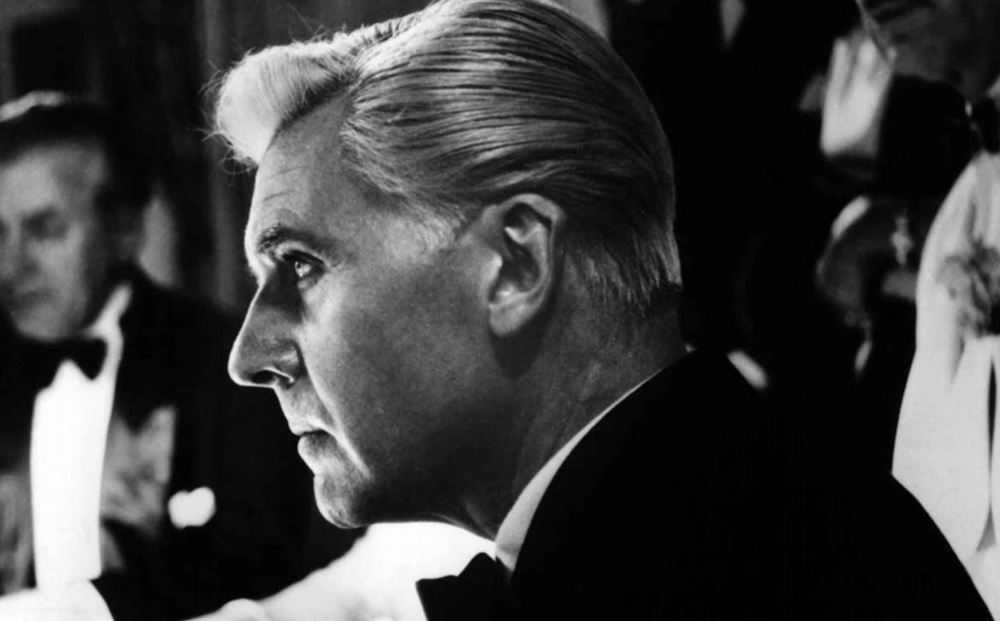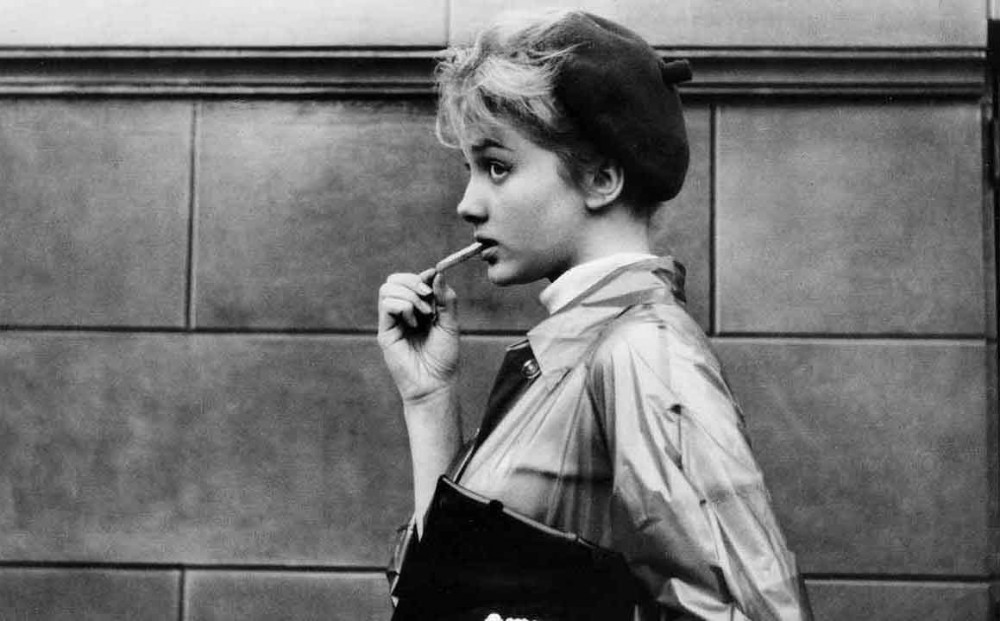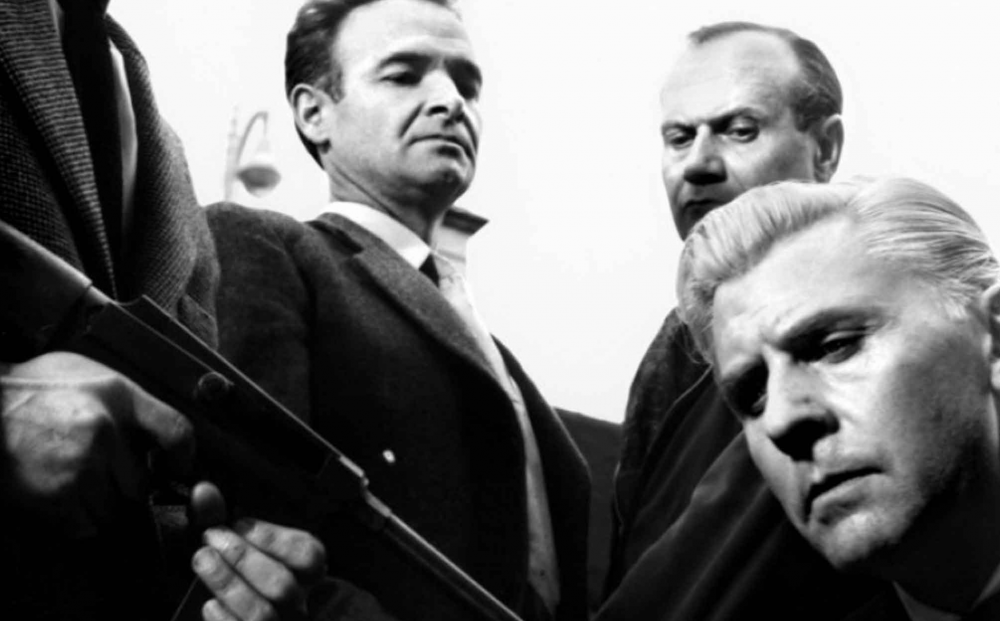BOB LE FLAMBEUR
France, 1956
Directed by Jean-Pierre Melville
With Roger Duchesne, Isabelle Corey, Daniel Cauchy, Guy Decomble
In French with English subtitles
Approx. 98 mins. 4K DCP restoration.
Through the night streets of Montmartre saunters silver-haired Bob Montagné (Roger Duchesne), ex-gangster and, as per his nickname, a “flambeur” (high roller, or compulsive gambler), moving from poker to craps to the track to roulette to baccarat and back, at the break of dawn, to the one-armed bandit he keeps in his posh pad. Ever-dapper in a snap-brim and raincoat, with the occasional tux thrown in, Bob shows neophyte hood Daniel Cauchy the ropes and looks out for lusciously amoral mignon Isabelle Corey, though there may be time for one last, spectacular heist: the casino at Deauville. Melville’s first original screenplay, co-scripted with French pulp novelist Auguste Le Breton (RIFIFI), and the first of his gangster films, here done as both hommage and comic riff, and in its incredibly evocative shots of a Noir Montmartre, “a love letter to a Paris which no longer existed.” Bob was, in its sheer exuberance, a blast of fresh air in the 50s atmosphere of the cinéma de qualité, and a precursor to the free shooting style of the Nouvelle Vague.
Reviews
“Before the New Wave, before Godard and Truffaut and Chabrol, before Belmondo flicked the cigarette into his mouth in one smooth motion and walked the streets of Paris like a Hollywood gangster, there was Bob. ‘Bob le Flambeur,’ Bob the high-roller, Bob the Montmartre legend whose style was so cool, whose honor was so strong, whose gambling was so hopeless, that even the cops liked him.”
– Roger Ebert
“A flambeur is a gambler, and Bob cannot pass by a game without sizing up the odds or joining in. Open a closet door in his apartment and you find a slot machine, for his personal use. Like Dracula, he sleeps by day and comes alive at night, craving the blood of a bet. That is why the movie begins in the ravishing sorrow of dawn, in Montmartre and Pigalle, with the street lamps going off.”
– Anthony Lane, The New Yorker
“Far ahead of its time.”
– Andrew Sarris
“A love letter to Paris at a very special time of night — the hours between darkness and dawn when the signs above the all-night cafés switch off and the morning light gradually seeps into the narrow street.”
– David Denby, The New Yorker



